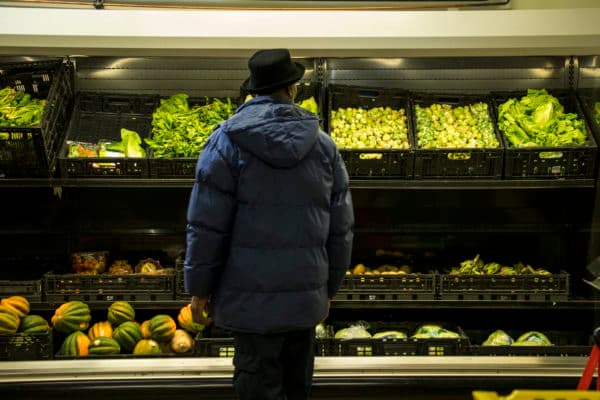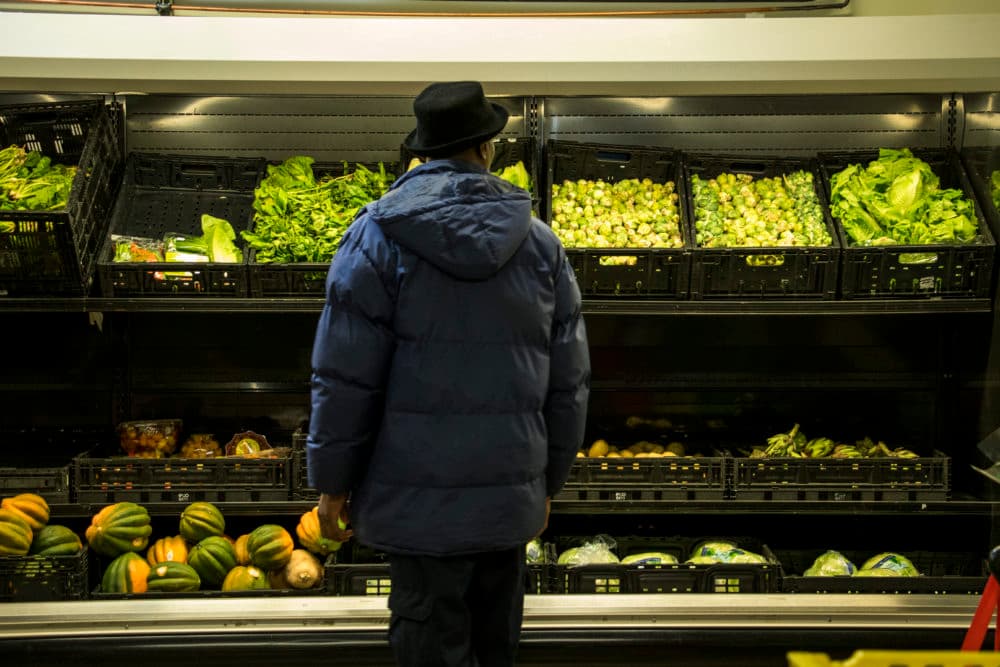
Gentrification touches everything in the neighborhoods it comes to — and that includes food.
The Food Rescue Alliance in conjunction with GroundWork Denver on Saturday hosted the fifth annual Forward Food Summit at Columbine Elementary in the Skyline neighborhood. Every year, organizers pick an aligning issue to pair with food justice and this year’s topic was gentrification.
“It always has an anti-oppression stance. Race dynamics and food, class dynamics and food, they just speak to the fact that food is our connection to everything, the earth and one another. The power that it has to be woven into all of those possibilities is another thing we’re about,” said Amy Moore-Shipley, the development and marketing coordinator for Denver Food Rescue.
By way of a series of panels, progressive activists looked to propose new solutions to tackle inequitable conditions, all of which pertained directly or indirectly to the topic of food justice.
For Fatuma Immed, Urban Farm Director for Groundwork Denver, the correlations between food justice and these other social causes are hard to ignore.
“They’re the same mechanisms that are weaponized against the same people," she said. "Statistically, the way food is taken out of communities is disproportionate. Over 80 percent of black communities in the U.S. live in food apartheid systems.”
Members of DenverCan, a progressive political organization that currently has two candidates running for office (Tony Pigford and Candi CdeBaca) used their time to propose a massive political and social overhaul that could reshape the way disenfranchised communities interact with the predominant culture.
The steps they laid out were clear, but the changes the group sought were no light suggestions. Lisa Calderon, co-chair of the Colorado Latino Forum, directly spoke to their vision for sweeping change in response to a question about the proposed scale of their initiatives: “What we are proposing is a revolution, and it’s not new. Connecting all of us across communities in common struggles is what we saw was missing. ... We’re just saying that in order for this revolution to be successful, so we’re not just tweaking things, we need to completely break the table and recreate it.”
Pam Washington, a Sustainable Food Policy Council member, spoke about the significant factors keeping communities in northeast Denver away from accessing fresh food. Noting things like inadequate transportation, lack of grocery stores and low-quality selections from nearby stores, she painted a clear picture of the lack of resources for healthy eating in that area of the city and hammered on the disproportionate effect this has on the very young and the elderly in these areas.
Organizers want the event to continue to educate people on food justice and all of the other interconnected issues that keep communities from thriving — and for people to keep talking about the issues long after the panels are over.
“There’s always room for conversation, for learning, for growth, and to be uncomfortable," said Neambe Leadon, program director of Denver Food Rescue. "People need to get comfortable being uncomfortable."













